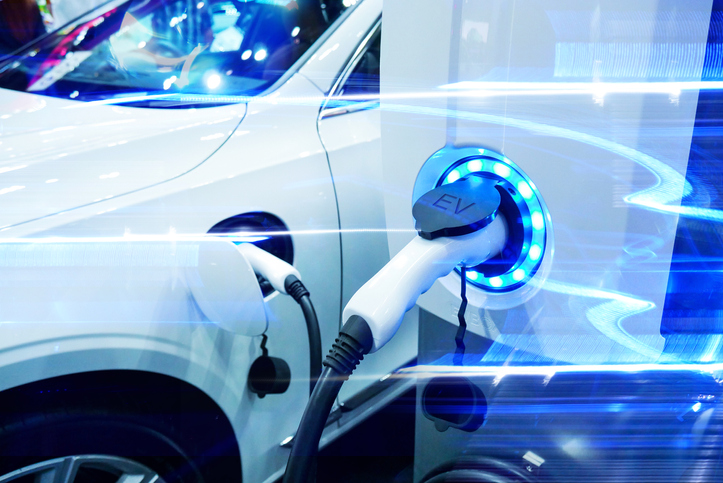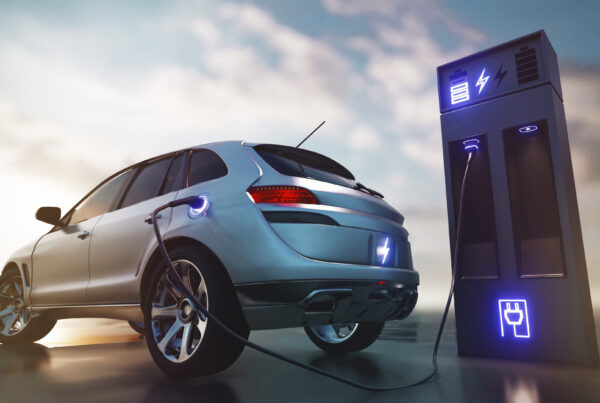A significant lack of genuine incentives means Australia severely lags behind much of the developed world in terms of EV ownership.
AfMA’s recently undertook the world’s largest study of Australia’s fleet marketplace on EV adoption, the results of which will be covered in our upcoming webinar on Wednesday November 11.
The report found that challenges stopping fleets from implementing EVs earlier are as follows –
-
- EV purchase cost (60%)
- cost of setting up workplace infrastructure (45%)
- limited choice (34%)
With 60 per cent of respondees indicating that EV purchase cost was a key driver in their plans for EV implementation, it is important to look at what financial incentives are available here and how we compare to the rest of the world.
A recent article from Which Car has helpfully explained the differences in EV incentives among Australia’s state and territories, as well as a comparative look at how we compare with the rest of the world.
The below shows just how far Australia remains off the pace of international standards, with the gulf between other nations initiatives growing wider with each passing year.
Federal Government EV subsidies
There are no national incentives directly aimed at making EVs more affordable, however, some battery electric vehicles (BEVs) benefit from a higher Luxury Car Tax threshold for fuel-efficient vehicles consuming less than 7.0L/100km or less, from $68,740 to $77,565. This only benefits BEV models that fall within this price range, such as the Tesla Model 3 Plus and BMW i3 S.
State government EV subsidies
Just three Australian states and territories offer discounts on stamp duty and registration including the Australian Capital Territory, Queensland and Victoria.
ACT
No stamp duty is charged for new BEV purchases and owners receive 20 percent discount in their registration.
Queensland
Stamp duty discounts: The Sunshine state offers a slight discount on stamp duty for BEV and hybrid buyers – $2 per $100 up to $100,000, and $4 per $100 for more than $100K. By comparison, internal combustion engine (ICE) vehicles priced below $100,000 charge between $3 and $4 per $100 depending on the number of cylinders, or between $5 and $6 for cars costing more than $100K.
Victoria
Stamp duty rate exemptions: EVs, or any vehicle that emit less than 120g/km of carbon, are exempt from the state’s “luxury vehicle” rate of stamp duty, paying a flat rate of $8.40 per $200 of market value. This has no impact on vehicles priced up to $68,740 – such as the Hyundai Ioniq and Kona Electric or Nissan Leaf – but does offer considerable savings for vehicles priced beyond that amount.
Registration discount: BEVs and hybrids also receive a $100 annual discount on vehicle registration.
No real incentive
The above subsidies don’t do much to bring the entry-level pricing of EVs to a more affordable level.
The cheapest EV in Australia the Hyundai Ioniq Electric Elite retails for $48,970, which means the only benefits it receives are stamp duty concessions in the ACT and Queensland and registration discounts in ACT and Victoria.
Global incentives
UK: Buy an EV or plug-in hybrid vehicle (PHEV) in the UK and Boris will throw in 35 percent of the cost up to £3500 ($6440) depending on the model. All EVs costing less than £40,000 ($73,600) are exempt from the annual Vehicle Excise Duty (rego) which is £500 ($920) for a 2.0-litre hatchback that emits 170g/km of carbon like the Hyundai i30. There are also a 100 percent purchase price write-downs for businesses that purchase EVs. There are also interest-free loan incentives, and exemptions and discounts on pollution tax, parking and chargers.
Germany: In June 2020, the German Government doubled its EV grant from €3000 to €6000 ($9950) until the end of 2021. In addition, the EV manufacturers are throwing in another €3,000, bringing the total available incentives up to €9000 ($15,000) for vehicles up to €40,000 ($66,400) which brings many EV models close to parity with their ICE equivalents. German EV buyers also receive a 10-year exemption from the annual ownership tax that varies depending on the vehicle but averages out to about €195 ($325).
China: EVs in China with a range between 150km and 399km garner a 40,000 CNY ($8500) rebate, with 50,000 CNY ($10,600) doled out to cars with ranges of at least 400km.
Finland: Buyers of new EVs are eligible for a €2000 ($3300) grant for vehicles costing less than €50,000 ($83,000) until November 30, 2021.
Greece: The Greek Government will cover 15 percent of the cost of a new EV up to €5,500 ($9100) for private passenger and light commercial vehicles. Vehicle owners who retire their old ICA vehicle at the same time as purchasing an EV receive an additional bonus of up to €4150. Car charging expenses are also tax deductible.
Hungary: Electric vehicles are eligible for a 21 percent rebate up to 1,500,500Ft ($6800) and are exempt from registration tax.
Iceland: All EVs receive a VAT exemption up to ISK 6,000,000 ($60,300), with the normal rate applied to the remainder of the price. EVs and hydrogen fuel cell vehicles shorter than 5m also receive free parking in the city centre for up to 90 minutes.
Ireland: Irish buyers can claim an additional grant of up to €5000 Euro ($8320) toward the cost of a private EV. EVs are also exempt from the Vehicle Registration Tax (VRT) up to €5,000 and attract the lowest rate of annual road tax, which is based on emissions.
Italy: EVs benefit from a subsidy that sees low emission vehicles eligible for grants from €1500 ($2500) to €10,000 ($16,600). They are also exempt from the annual circulation tax, and ownership tax for five years from the date of their first registration. After that, they only attract about 75 percent of the tax compared to similar-sized ICE vehicles.
Monaco: EV buyers are eligible to receive a €9000 ($15,000) purchase grant and can park free at any public parking facility.
Romania: Romania’s ‘Rabla Plus’ grant program provides €9000 ($15,000) for the purchase of an EV and buyers receive an additional €1400 ($2300) if they retire of a car older than eight years.
Spain: The Spanish government offers direct subsidies of up to 25 percent of the purchase price of an EV before tax up to €6000 ($10,000) per vehicle. Several regional governments grant and additional €6000.
Sweden: EV buyers in Sweden receive a 60,000 SEK ($9500) rebate.
The full article from WhichCars is available to read here.



















